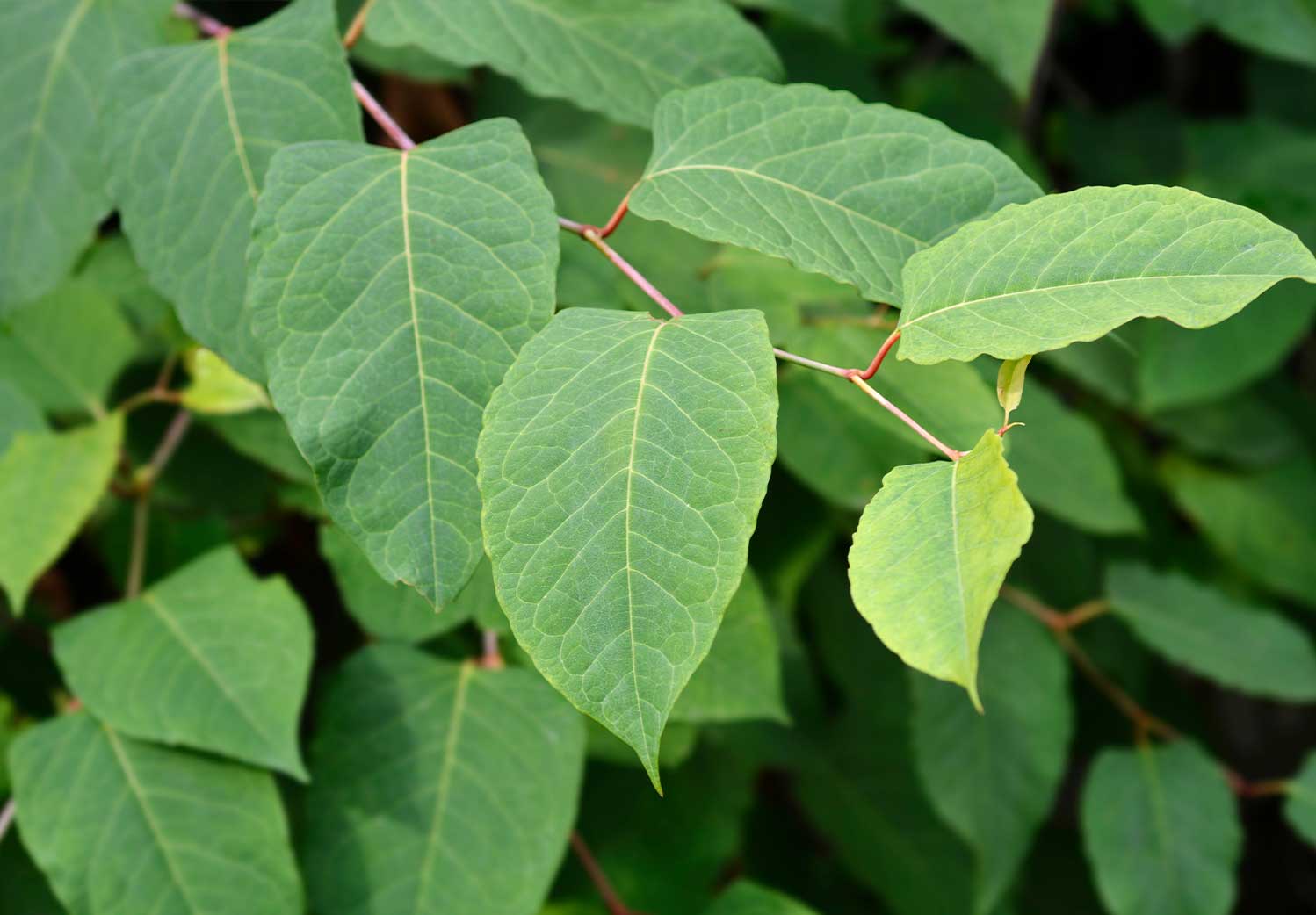In our article of July 2023, Japanese knotweed - what landowners need to know, we discussed why landowners should be proactive in monitoring their land for Japanese knotweed. In particular, we stressed the importance of not allowing knotweed to spread to any neighbouring property as this could potentially lead to a claim in nuisance.
In the article, we looked at recent cases where landowners had been penalised by the courts for allowing Japanese knotweed to encroach onto adjoining land. Our key takeaway was that liability could accrue by inaction or omission, as well as by a positive act, where the landowner knows that knotweed is present and fails to take reasonable measures to eradicate it.
However, in what may at first glance appear to be welcome news to landowners, a recent ruling by the Supreme Court has held that a council was not liable for the encroachment of Japanese knotweed from its land onto that of a neighbour.
Background law
These cases typically concern the law of private nuisance. To succeed in an action for private nuisance, the claimant must establish that a breach of duty by the defendant caused the loss suffered. Where the claim is based on diminution (i.e. loss) in value following encroachment of Japanese knotweed, the question to be answered is would the diminution in value have occurred “but for” the breach of duty by the defendant? If there is no causal link between the breach of duty and the diminution in value, the "but for" test will not be met and therefore the claim will not succeed.
Summary of Davies v Bridgend County Borough Council
The case was brought by the owner of a property in Bridgend, Wales, a Mr Davis, in respect of a property he bought in 2004. Bridgend County Borough Council (the Council) owned the land adjacent to the claimant’s property where knotweed had, it was established, probably been present for around 50 years. This had spread onto Mr Davis' land prior to his purchase in 2004.
Although the Council was aware of the presence of knotweed on its land by 2013, if not earlier, it took no remedial action until 2018. This was despite the fact that the potential threat of knotweed to property was widely known in 2013. Mr Davis subsequently became aware of the existence of knotweed on his land and sued the Council, arguing that the presence of the invasive plant had reduced the value of his property.
The case moved through the courts and, in January 2023, Mr Davis was awarded £4,900 by the Court of Appeal as compensation for diminution in the value of his property. It was found that the Council had failed in its duty as a neighbour by not treating the knotweed between 2013 and 2018, even though the weed had encroached onto Mr Davis' property before he acquired it in 2004.
Supreme Court decision
The Council appealed the decision to the Supreme Court, which overturned the verdict of the Court of Appeal and held that Mr Davis was not in fact entitled to any compensation.
The court took the view that the Council’s failure to act between 2013 and 2018 had not “increased” or “materially contributed” to the diminution in value of Mr Davis’ land. This diminution would have occurred in any event and as such there was no causal link between the breach by the Council and the diminution in value claimed. The "but for" test had not been met.
What next for Japanese knotweed claims?
It should be noted that this case was decided on its own facts and although no compensation was ultimately found to be payable, things may have been different had there been a stronger causal link between the Council's breach of duty and the loss suffered. Where, for example, an adjoining landowner can point to a more recent knotweed encroachment and can prove that the relevant landowner has failed to take remedial action in circumstances where it would have been reasonable to expect them to do so, the position is likely to be different.
Although the defendant was eventually successful in this case, the facts were unusual and it required lengthy and no doubt hugely expensive litigation to the highest court in the land to defeat the claim. The case is a timely reminder that Japanese knotweed remains a significant problem. Prudent landowners should continue to monitor for knotweed and if any is found, take prompt action to treat and remove it. Not only will this prevent their own land from becoming blighted, it will also mitigate the risk of breaching a duty of care to neighbouring landowners and the potential claims that may follow.
The issues regarding Japanese knotweed are complex and the case law in this area is still evolving. If you have any questions on the above or require advice in this area, please contact our real estate team.

 Claudia Oliver
Claudia Oliver Jack Lightburn
Jack Lightburn